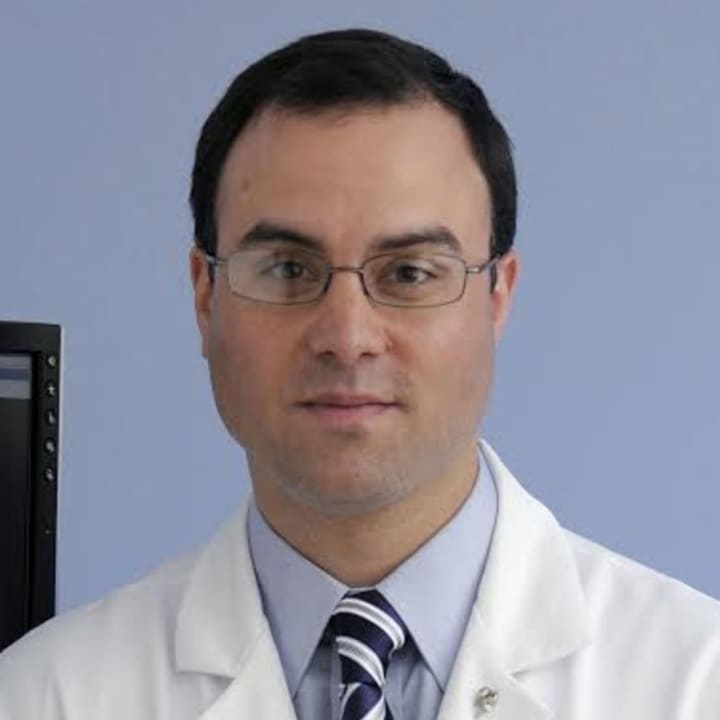Even if you aren't on an opening day roster, it's important to gradually increase the intensity and duration of exercise over a few days to let the body acclimate to new environmental conditions. Even in colder temperatures, athletes should drink plenty of fluids to stay hydrated.
Although dehydration does not directly lead to muscle strains, inadequate hydration reduces muscle flexibility and elasticity and decreases blood flow to the muscles, which increases the odds of sustaining muscle injuries, such as hamstring strains. The exertion of energy on the field without proper hydration levels can leave any player vulnerable to injury. Dehydration can have subtle effects such as compromising a player’s timing, reaction time and cognition.
Baseball players and weekend warriors alike should consider easing into their game. This helps to avoid mechanical injuries that can happen early in the season due to lack of conditioning.
Most baseball injuries are due to the overuse of muscle and joints and occur to the shoulder and elbow due to the repetitive throwing and hitting motion. Common injuries include shoulder rotator cuff tendonitis and elbow tendonitis, as well as knee and ankle sprains due to squatting and base running.
The majority of these baseball injuries can be treated conservatively with physical therapy; however, surgical repair is often necessary for severe cases of torn ligaments or meniscal tears.
To prevent these injuries, players, coaches and trainers need to take more precautions as the environment in which players train and play in changes. Players need to stay hydrated with proper fluid intake before, during and after training or games. They should also be mindful about warming up properly with cardio and stretches. Any injuries should be treated promptly in order to prevent them from worsening.
Dr. Anil Ranawat is a sports medicine surgeon at Hospital for Special Surgery. He practices at both the HSS Outpatient Center in Paramus and the hospital’s main campus in New York.


